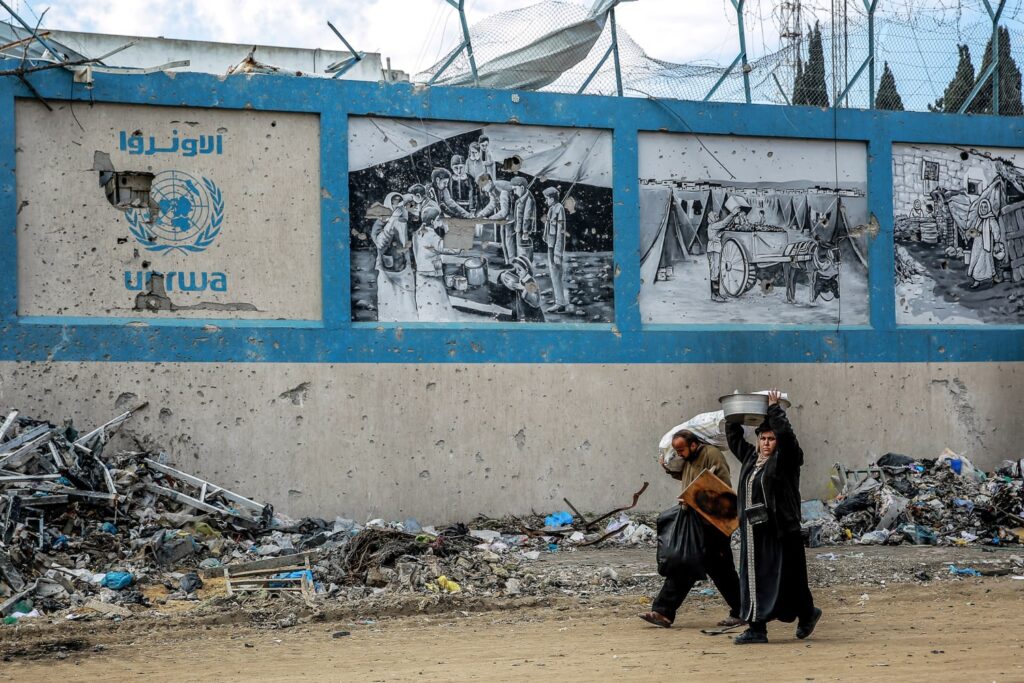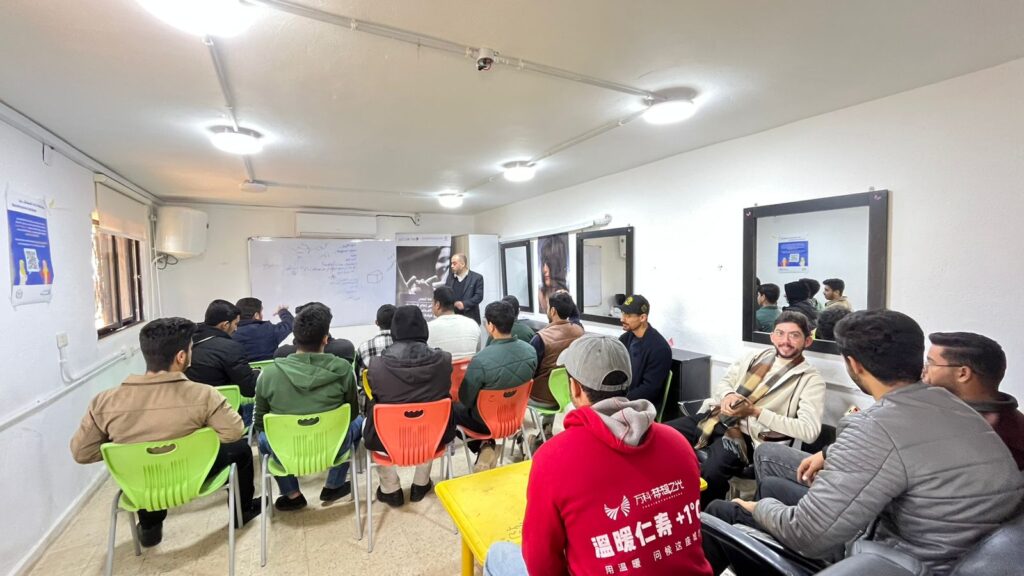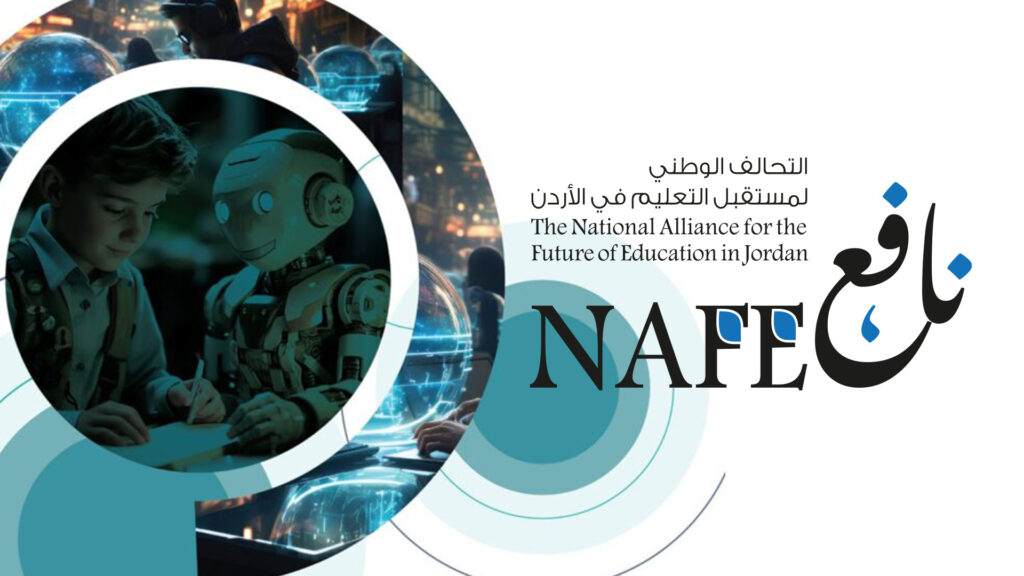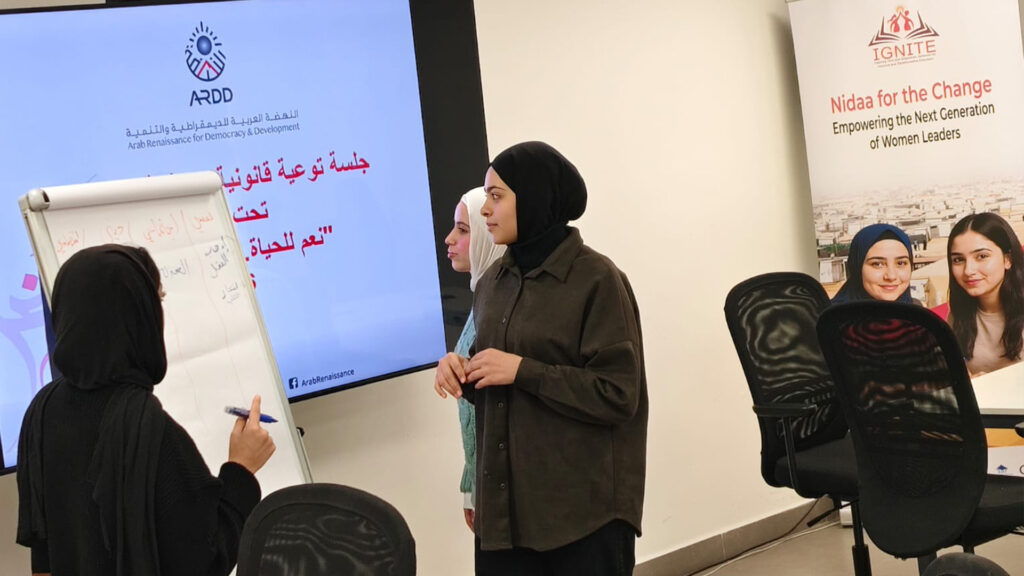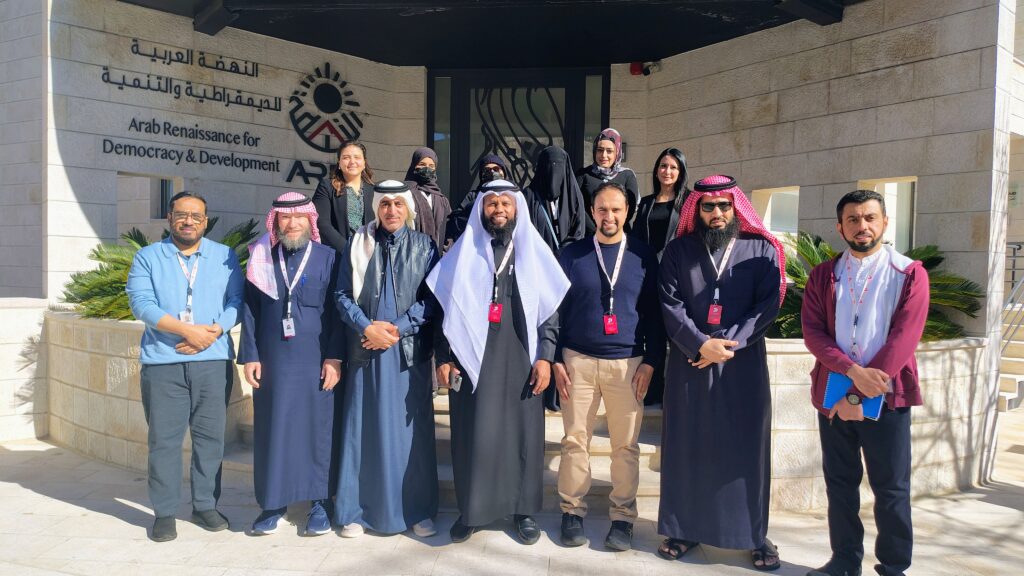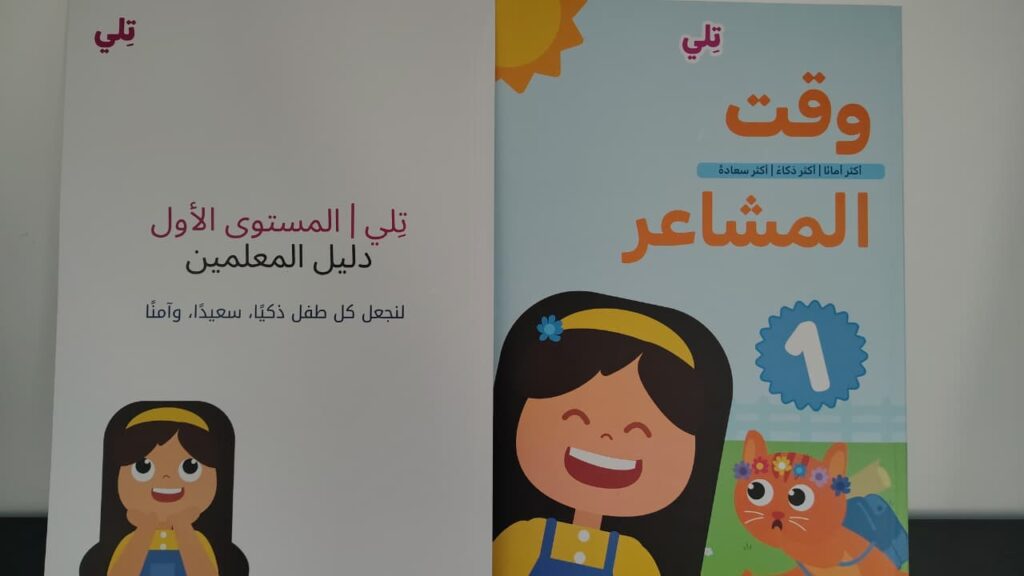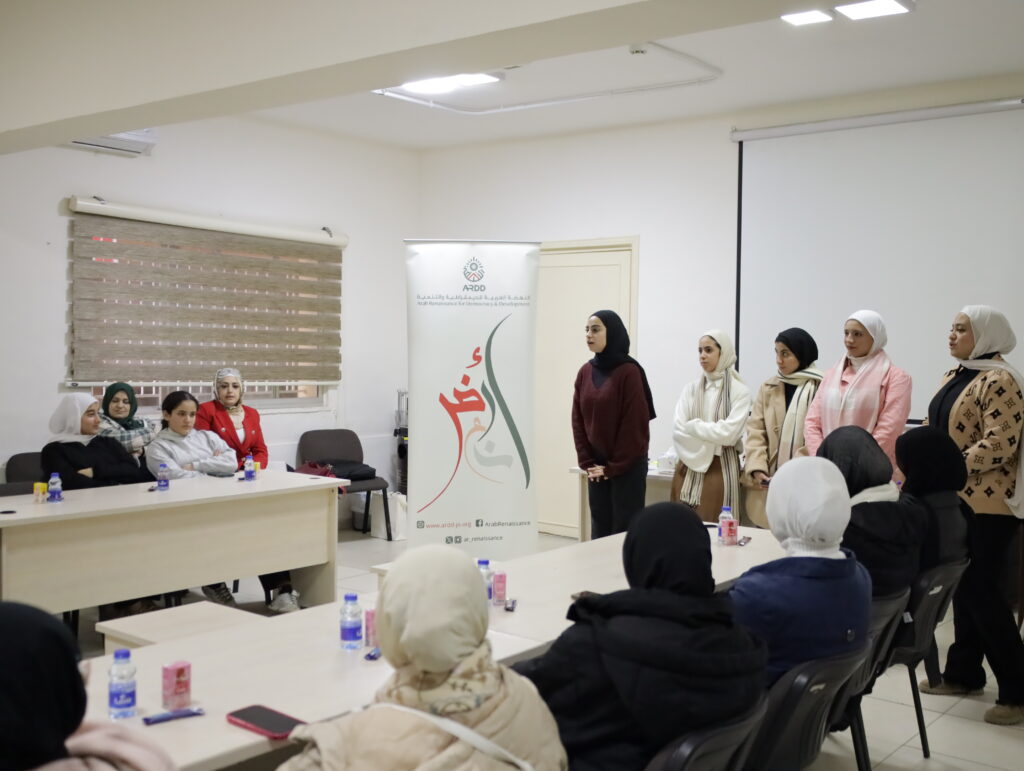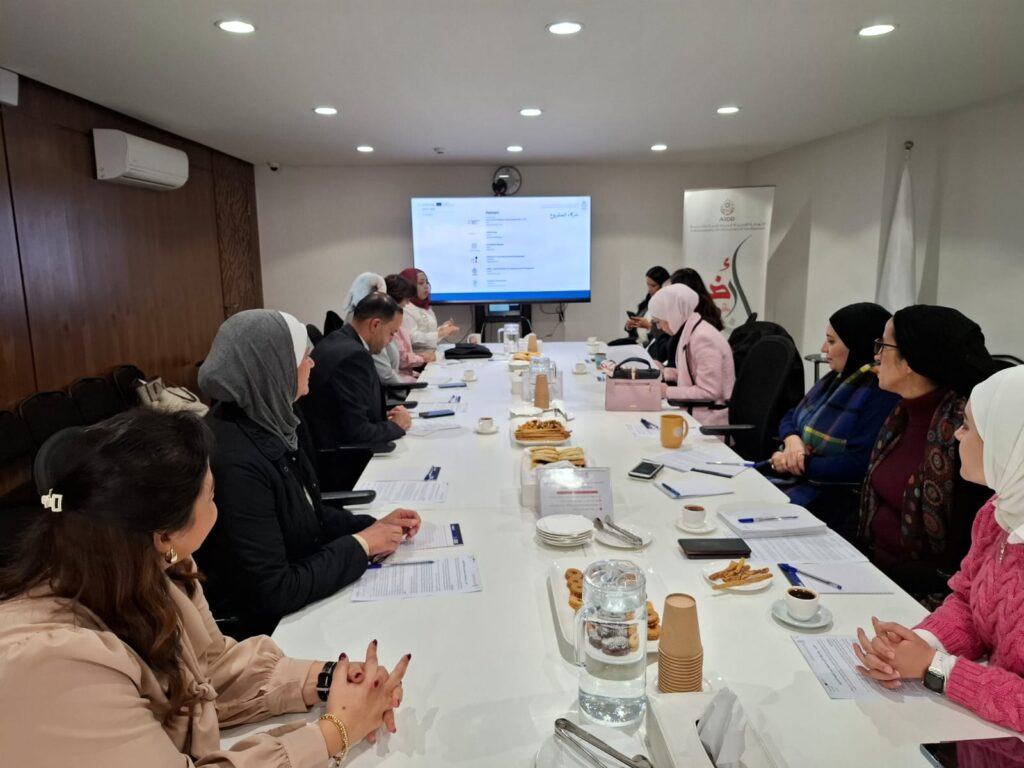It is at this darkest hour that we commemorate the Nakba and pay tribute to its victims, not only those of 1948 but to all those who perished as a result of the ongoing Nakba up to the current Genocide in Gaza and atrocities in the West Bank (and Lebanon). We salute the steadfast survivors of the Nakba, in Gaza, in Al Quds, in the West Bank, and wherever they are – including the millions of Palestinian refugees and the tens of thousands languishing in Israeli prisons. We greet the 30,000 predominantly Palestinian UNRWA employees and other humanitarian workers, many of whom have risked their lives to support their compatriots under the most difficult circumstances. We extend solidarity to our sisters and brothers in the Palestinian solidarity movement around the world who, increasingly subject to persecution for the mere fact of speaking out against the genocide, continue to fight for justice and Palestinian liberation.
This year’s commemoration of Nakba Day, the 77th anniversary of the ethnic cleansing of historic Palestine, takes place at a time when a large part of the population of Gaza is starving. The vast majority of children under two and breastfeeding mothers are not receiving adequate nutrition. Hospitals have run out of blood, the UN and other humanitarian agencies have exhausted their reserves, while Israel is attempting to dismantle the existing UN-run aid distribution system. Deaths from famine are already occurring and are expected to rise sharply if conditions persist.
The ongoing famine is the result of Israel’s latest blockade preventing the entry of food, water, fuel, medicine, electricity, and other life-saving supplies following its unilateral decision to end the ceasefire with Hamas on 2 March 2025. Israel feels emboldened to use starvation as a weapon of war by the acquiescence and the silence of most political leaders in the West and elsewhere, in defiance of both the International Court of Justice and the International Criminal Court.
This manufactured famine is part of Israel’s ongoing genocidal war in Gaza that has been raging for the past 19 months. In the process, it has killed at least 53,000 Palestinians, with many more feared dead under the rubble, injured tens of thousands, destroyed most of the Strip’s housing stock and public infrastructure, and to a large extent succeeded in inflicting conditions of life that will lead to the further destruction of its population. Over the same period, there has been a dramatic escalation of Israeli military and settler violence in the West Bank, resulting in an unprecedented spike in forced displacement.
As another alarming escalation, the Israeli cabinet has decided to assume complete authority over land registration in Area C of the West Bank — which constitutes approximately 60% of the occupied territory and houses the majority of illegal Israeli settlements. This move paves the way for the formal annexation of the area and further entrenches Israel’s settler-colonial project, undermining the possibility of a viable Palestinian state.
A key element of the war and violence since 7 October 2023 has been Israel’s attacks on UNRWA. Israel has had a conflictual relationship with UNRWA almost since the start of the Israeli occupation in 1967, even though the agency was initially encouraged by the Israeli government to continue its operations in the Gaza Strip and the West Bank. After a gradual increase in Israeli attacks on the agency over the years, the current Israeli government appears to have adopted a policy towards dismantling UNRWA, not just in the OPT but across the board. Israel has justified its attacks on UNRWA with reference to either antisemitism or terrorism, but its real objective appears to be the wholesale erasure of the issue of Palestinian refugees as part of its settler colonial endeavor.
The recent legislation adopted by the Israeli parliament represents a critical escalation in that process, with the ban expected to have wide-ranging legal, political, institutional, humanitarian, financial, and other implications. The exact implications of this ban are still unclear, and UNRWA continues to operate. Beyond the operational and humanitarian implications in the occupied Palestinian territory, the Israeli attacks on UNRWA at large, with the help of Israel supporters in the US, threaten the very survival of the agency.
We call on the world to break the silence and on every person of conscience to do what is in their power to put an end to the ongoing Nakba in all its manifestations: by speaking up and exposing falsehoods, by using the law to fight injustice, by demonstrating, by educating, by engaging political representatives and others with influence on their governments, or by simply bearing witness. Together, we can make a difference.

